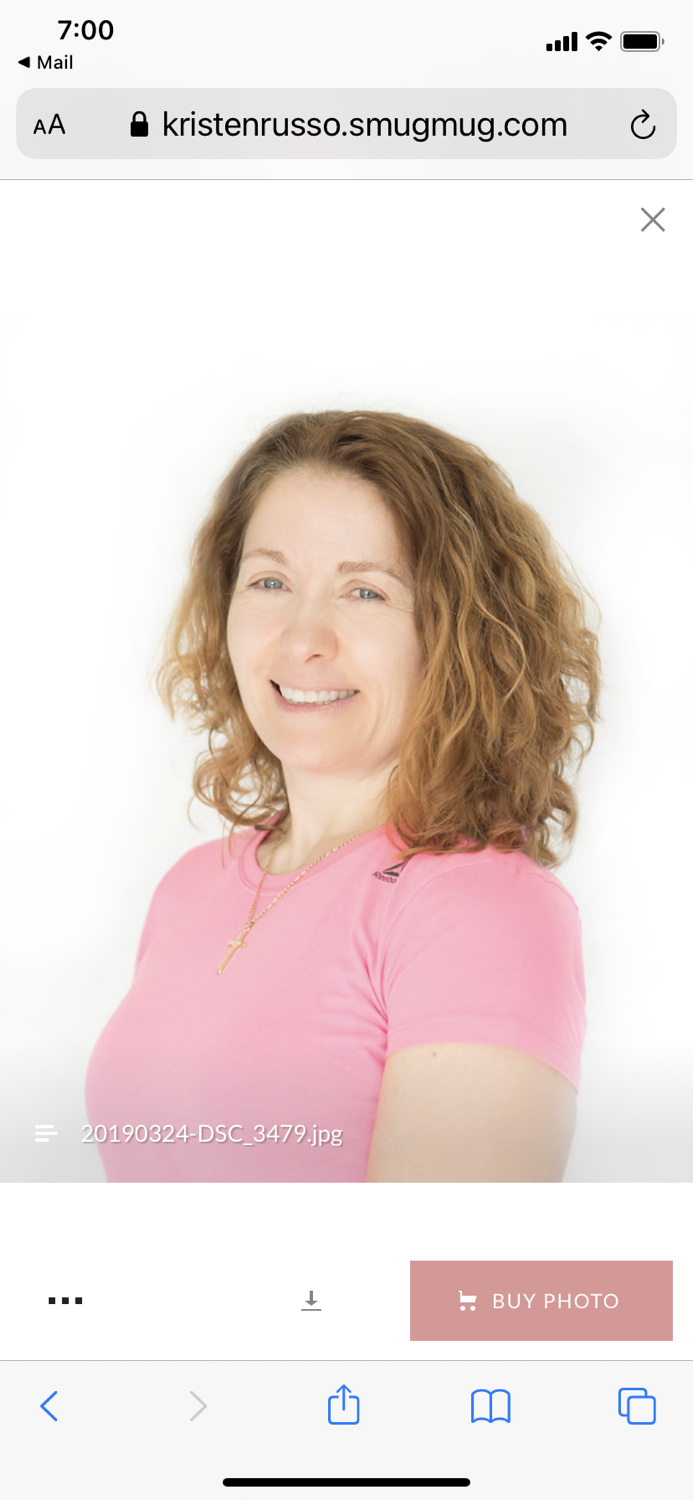Emotional Dependency
- centerpointhealingservices.com

- May 25, 2025
- 3 min read
If your own happiness depends on someone else's feelings then it's time to look deep within yourself. This insight is both wise and necessary.
This speaks to emotional dependency—when our inner peace hinges on the mood, approval, or presence of others. While empathy is beautiful, entanglement can become unhealthy. Here’s a deeper reflection:
🌿 Why This Matters
• Your emotions are yours. You deserve to feel joy, calm, and stability that isn’t conditional on someone else’s storm.
• Taking responsibility for your own happiness isn’t selfish—it’s empowering.
• When you find balance within, you bring more authenticity and strength to your relationships, not less.
🌱 Questions to Ask Yourself
• Do I feel guilty for being okay when someone else isn’t?
• Do I overextend myself to “fix” others just to feel at peace?
• Have I learned to tie my worth to being needed or liked?
• What parts of me are asking for love, validation, or healing from within?
🔎 The Shift
Instead of: “They’re upset, so I must be upset.”
Try: “I see their pain, and I offer compassion—but I don’t have to lose myself in it.”
🌸 Affirmation
“I am allowed to hold space for others without absorbing their emotions. My peace is my own.”
When your happiness depends on how someone else is feeling, you’re likely caught in a pattern that involves emotional enmeshment, codependency, or external validation-seeking. These patterns often come from early life experiences and can subtly shape how we relate to others—and ourselves.
🌊 Understanding the Pattern
1. Emotional Enmeshment
This happens when emotional boundaries are blurred. You might:
• Feel responsible for someone else’s mood
• Mirror their emotions to keep the peace
• Struggle to identify your own feelings apart from theirs
Example: If someone you love is angry or sad, you can’t relax until they’re okay—even if it has nothing to do with you.
2. Codependency
This goes deeper. It’s the belief that your self-worth or sense of safety is tied to being needed, liked, or emotionally indispensable.
Signs include:
• Needing to “fix” or rescue others to feel valuable
• Feeling guilt when you take care of yourself instead of them
• Suppressing your needs to avoid upsetting someone else
3. External Validation Seeking
Your self-esteem might rise and fall based on others’ reactions. You may feel:
• Happy when they’re happy with you
• Anxious or unworthy if they withdraw, get upset, or seem distant
• Unsure of your own value without constant reassurance
🧠 Where This Comes From
Often, these patterns start in childhood:
• If you had to be “the good one” or the “peacekeeper”
• If a caregiver’s emotions dictated the household atmosphere
• If love felt conditional—based on your behavior or emotional support
You may have learned: “If they’re okay, I’m okay. If they’re not, I’ve done something wrong.”
But here’s the truth:
You are not responsible for managing other people’s feelings.
You are responsible for your own emotions, healing, and joy.
💎 Reclaiming Your Emotional Independence
1. Build Inner Awareness
• Practice asking: “What do I feel right now? What do I need?”
• Meditate or journal to reconnect with your emotional truth
2. Set Emotional Boundaries
• You can care without carrying
• You can listen with empathy without becoming the sponge
3. Practice Self-Validation
• Affirm yourself internally: “I am worthy even if someone else is upset.”
• Notice when you’re seeking approval and gently shift inward
4. Detach with Love
• Not coldness—just clarity
• Support others without sacrificing your inner peace
🌱 Healing Practices
• Inner child work: Reassure the part of you that learned to people-please or fix
• Somatic therapy or breathwork: Release stored emotional patterns from the body
• Boundaries journaling: Write down when you felt pulled into someone else’s emotions, and what your ideal response would be
🧘♀️ Gentle Reminder
You are allowed to feel joy—even when someone else doesn’t.
Your emotional state is not a thermometer for the world around you.
You deserve a life where your happiness blooms from within—not from how someone else is doing.
Here are a few variations of closing statements you can use—whether for journaling, reflection, or sharing a personal message on healing emotional independence:
🧭 Simple and Direct
“I honor my feelings and take full responsibility for my happiness. I am learning to love without losing myself.”
🌸 Gentle and Empowering
“I can care deeply without carrying what’s not mine. I choose peace, presence, and self-trust as my guide.”
🔥 Strong and Affirming
“My worth is not tied to how others feel. I am whole, grounded, and free to create joy from within.”
🌊 Healing and Reflective
“I release the need to fix, to prove, or to be needed. I return to myself—calm, clear, and enough.”





Comments